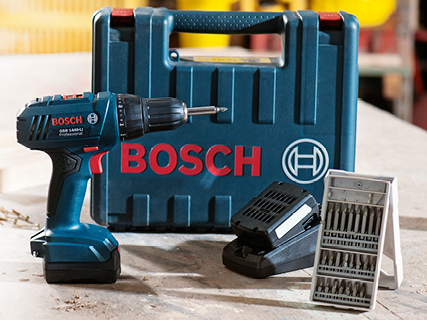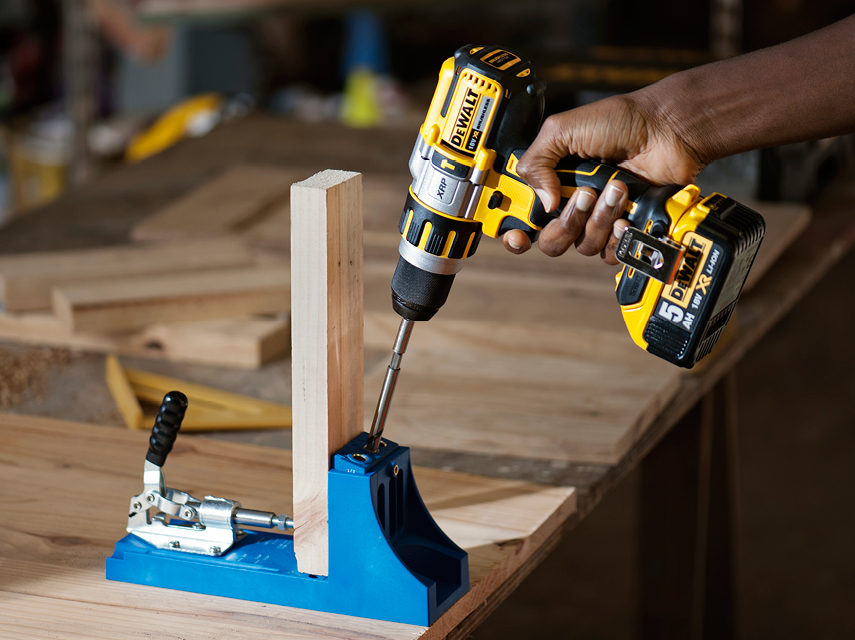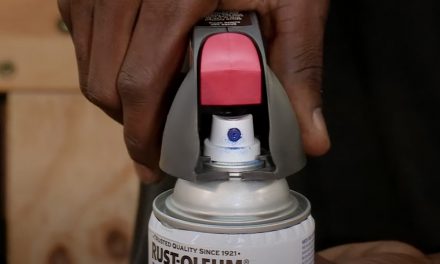If you’ve ever scratched your head over Li-ion, NiCad, and the likes of amp-hour ratings… look no further.
Batteries are central to your choice when it comes to buying a cordless tool. Most now come with Lithium-ion batteries, which are the only real solution as NiCad technology is being phased out globally.
Next to consider is voltage: the higher the voltage, the more power and the longer the battery will last. 12V is good, and should cover you for drilling and screwdriver functions. Now, with the advent of Li-ion, you could stretch to 18V, which delivers very impressive power, and you’ll be able to lift it more easily and work with it for longer before you get tired.
Understand amp-hour ratings
Amp hours are a confusing concept. What you need to know is this: the higher the amp-hour rating, the longer the battery will last before going flat. The general principle is that a one amp-hour battery can supply one amp of current for an hour, or two amps for half an hour, and so on. Be aware, though, that amp hours are not the be-all and end-all when judging how long a battery will last.
The comparison manufacturers always make is to say that the size of your petrol tank is not the only factor in determining how far your car will go on a tank. The efficiency of the motor is important, too. Read reviews carefully to get a sense of a brand’s efficiency before making your final decision.

Get to know Li-ion technology
Most battery-operated power tools these days have Lithiumion (Li-ion) batteries rather than the Nickel Cadmium (NiCad) batteries power tools used to have. Li-ion has distinct advantages over NiCad:
- they’re smaller
- they’re lighter
- they don’t lose their charge if you leave them in the shed for a few months
- they have higher voltages
- charge faster
- longer lifespan











